The history of targeted killings spans centuries, with notable figures like John F. Kennedy, Martin Luther King Jr., and Mahatma Gandhi falling victim to such acts. Despite the passage of time, many of these cases remain unsolved, shrouded in mystery and speculation.
One of the most infamous incidents occurred on November 22, 1963, when President John F. Kennedy was assassinated while crossing Deal Plaza Park in Texas. Lee Harvey Oswald, a former Marine officer, was arrested in connection with the shooting but was subsequently killed two days later. The circumstances surrounding Kennedy's assassination remain a subject of debate, with some attributing it to the Soviet Union's intelligence agency, the KGB.
In 1968, civil rights leader Martin Luther King Jr. was fatally shot while standing on the porch of a motel in Memphis, Tennessee. Many believe that the US administration may have been involved in his assassination, given his vocal advocacy for black rights.
Mahatma Gandhi, known for his nonviolent resistance, was also a victim of targeted killing. He was shot dead by a radical Hindu leader named Nathuram Godse in 1948 at Birla House in Delhi.
The CIA and Mossad, the Israeli intelligence agency, are often associated with targeted killings, both within their respective countries and abroad. Mossad's operations include the killing of Egyptian military officers Mustafa Hafiz and Salah Mustafa in 1956, as well as Salah Shahadi, a founder of the Kashem Brigade, in 2002. Additionally, Mossad targeted Sheikh Ahmed Yasin and Abdul Aziz Al Rantisi, founders of the organization Hamas, in 2004.
These intelligence agencies employ various methods, including bullets, bombs, and innovative tactics such as filling cigars or cigarettes with explosives and poisoning diving suits or hacking car control systems.
The CIA's numerous attempts to assassinate Cuban socialist leader Fidel Castro, admitted by the US government, underscore the prevalence of targeted killings in international affairs. Despite the risks and controversies surrounding such actions, they continue to be employed as tools of statecraft by governments worldwide.




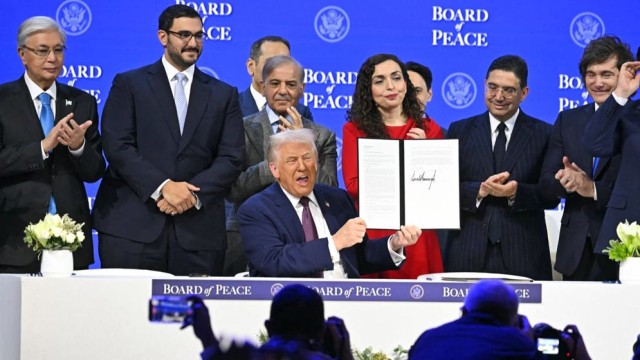

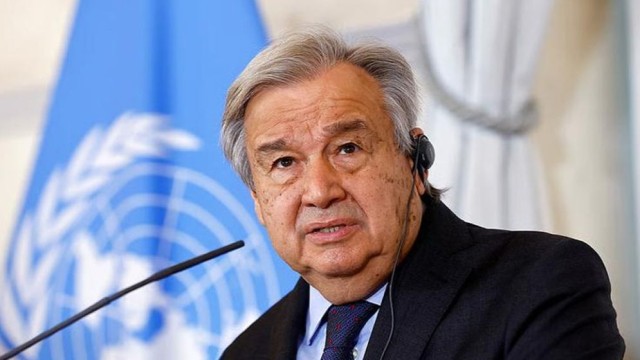

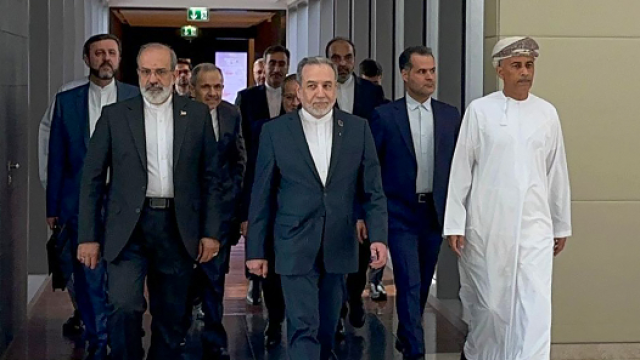


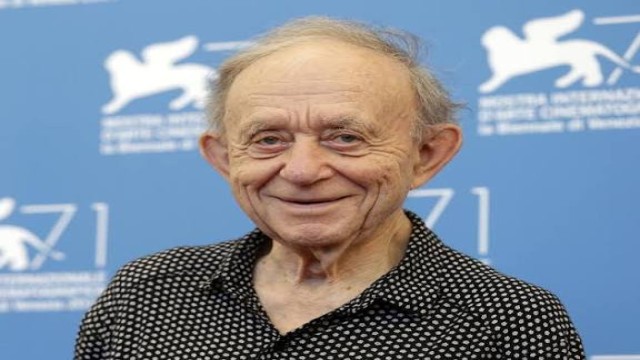

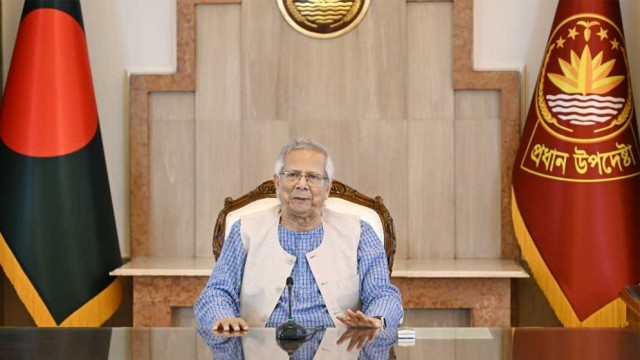

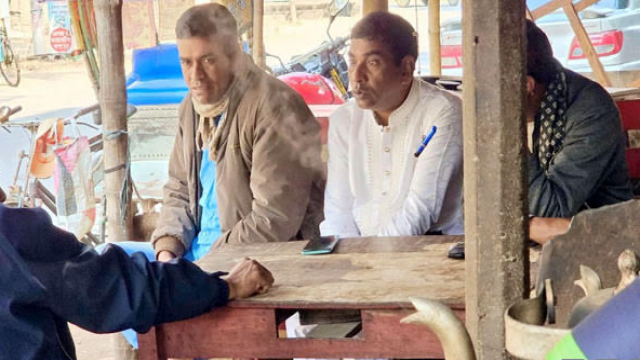















Comment: